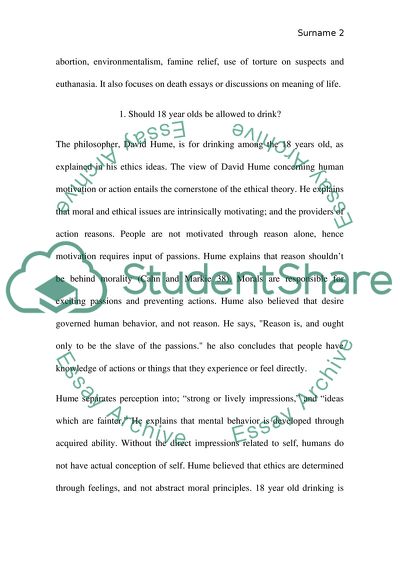Cite this document
(Analysis of Ethics: History, Theory, and Contemporary Issues Book by Report/Review Example | Topics and Well Written Essays - 1250 words, n.d.)
Analysis of Ethics: History, Theory, and Contemporary Issues Book by Report/Review Example | Topics and Well Written Essays - 1250 words. https://studentshare.org/ethics/1827344-on-the-book-ethics-fifth-edition-by-stephen-m-cahn-and-peter-markie
Analysis of Ethics: History, Theory, and Contemporary Issues Book by Report/Review Example | Topics and Well Written Essays - 1250 words. https://studentshare.org/ethics/1827344-on-the-book-ethics-fifth-edition-by-stephen-m-cahn-and-peter-markie
(Analysis of Ethics: History, Theory, and Contemporary Issues Book by Report/Review Example | Topics and Well Written Essays - 1250 Words)
Analysis of Ethics: History, Theory, and Contemporary Issues Book by Report/Review Example | Topics and Well Written Essays - 1250 Words. https://studentshare.org/ethics/1827344-on-the-book-ethics-fifth-edition-by-stephen-m-cahn-and-peter-markie.
Analysis of Ethics: History, Theory, and Contemporary Issues Book by Report/Review Example | Topics and Well Written Essays - 1250 Words. https://studentshare.org/ethics/1827344-on-the-book-ethics-fifth-edition-by-stephen-m-cahn-and-peter-markie.
“Analysis of Ethics: History, Theory, and Contemporary Issues Book by Report/Review Example | Topics and Well Written Essays - 1250 Words”. https://studentshare.org/ethics/1827344-on-the-book-ethics-fifth-edition-by-stephen-m-cahn-and-peter-markie.


